Constitutional Court's Enache: There is an opening to dialogue between CCR and CJEU
The President of the Constitutional Court of Romania (CCR), Marian Enache, on Tuesday met Professor Peter L. Lindseth, from the Faculty of Law of the University of Connecticut, United States of America, in which context he affirmed that there is an openness to dialogue between the CCR and the CJEU, told Agerpres.
According to a press release of the CCR, Marian Enache presented a brief history of the constitutionality control in Romania, which dates back to 1912, when the American model was adopted through judicial channels. He specified that the normative regulation of constitutionality control was implemented by the Constitution of 1923, also according to the American model, which lasted until 1947. The President of the CCR made a brief presentation of the Romanian institution of constitutional jurisdiction, mentioning the procedure for appointing to the judges, the powers and effects of the Court's decisions and emphasizing that all referrals are judged in plenary, as there is no filter committee for referrals.
The President of the CCR mentioned the role of the Court of Justice of the European Union (CJEU) in the interpretation of European law and the mechanism of preliminary questions as a way of judicial dialogue between the European court and the national courts of the member states. He also showed that there is an openness towards a dialogue between the Constitutional Court of Romania and the CJEU, as well as the fact that the existence of constitutional courts represents a guarantee of the rule of law whose essence refers to the defense of the rights and freedoms of citizens, the CCR said in a statement.
Professor Peter L. Lindseth emphasized his training as a specialist in administrative law and that, from this perspective, he considers that European integration is essential for the development of the state. As a researcher, he specified that the EU still has a strong administrative dimension, since cooperation with the member states is essential to ensure its financial resources.
"The constitutional dimension can be achieved by a structure like that of the EU only to the extent that it can autonomously secure its financial resources, through its own will, which means that a political decision of the member states is necessary," informs CCR, showing that Peter L. Lindseth emphasized that the legitimacy of the EU still rests on the constitutional pillar of the member states.
The CCR specifies that, at the end of the meeting, it was concluded that any decision of a constitutional court is both an act of jurisdiction and an act of democracy in consideration of the prerogatives it has.
Prof. univ. dr. also participated in the meeting. Bogdan Iancu, from the Faculty of Political Sciences of the University of Bucharest, and, on behalf of the Court, Benke Karoly, first-assistant magistrate, Cristina Titirisca, assistant-magistrate, and Oana Raican, advisor in the Department of external relations, relations with the press and protocol.

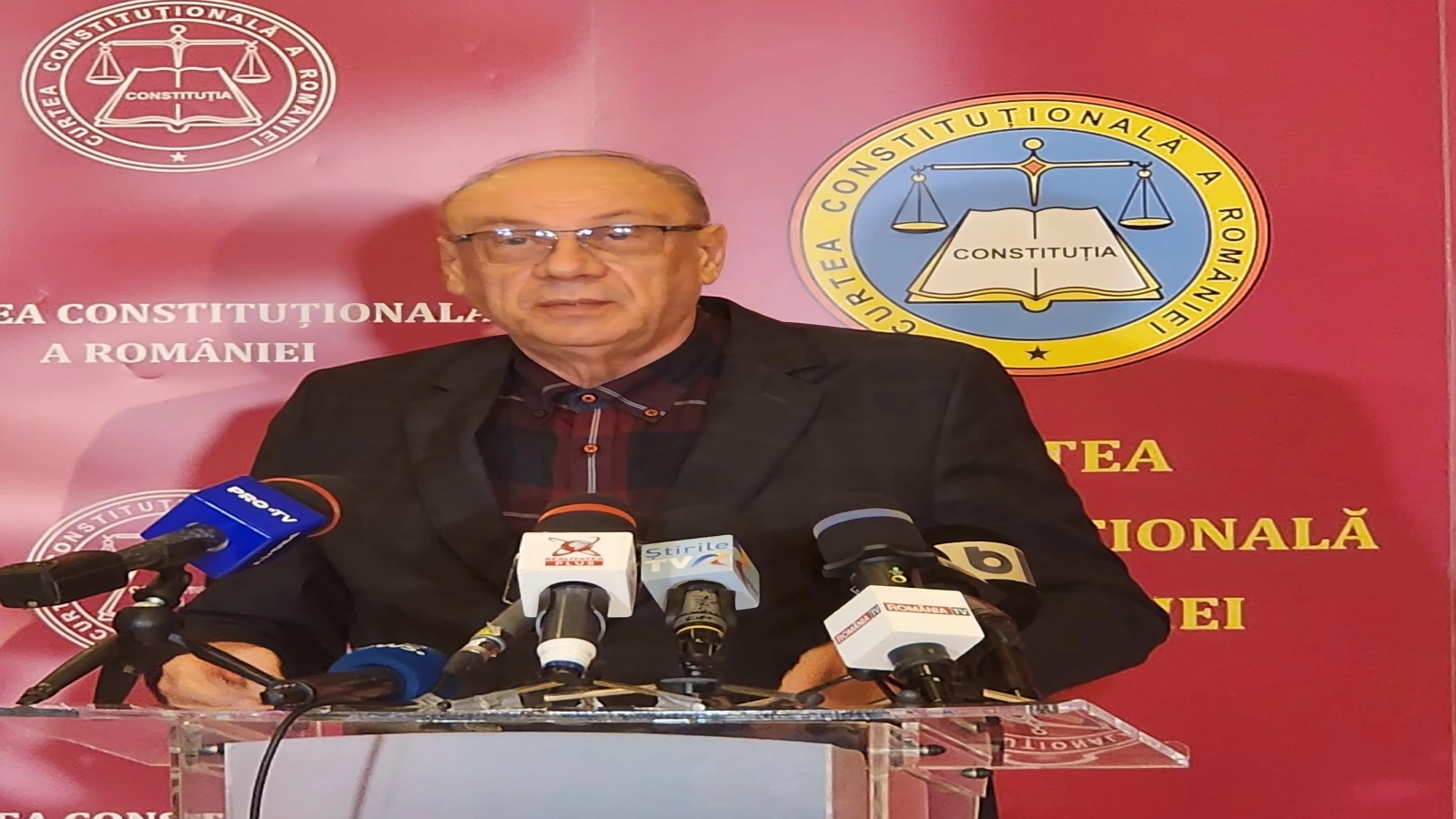
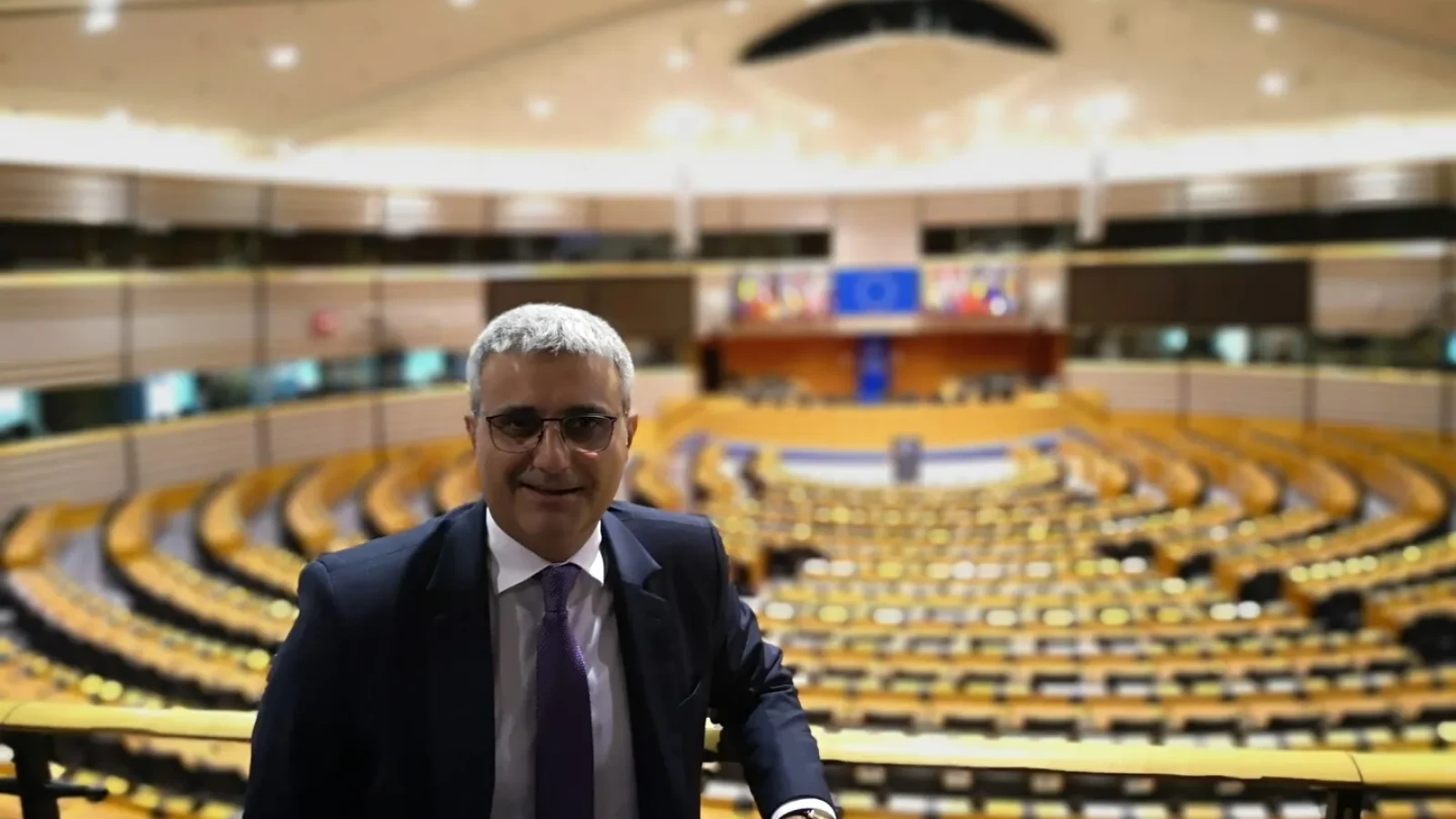


















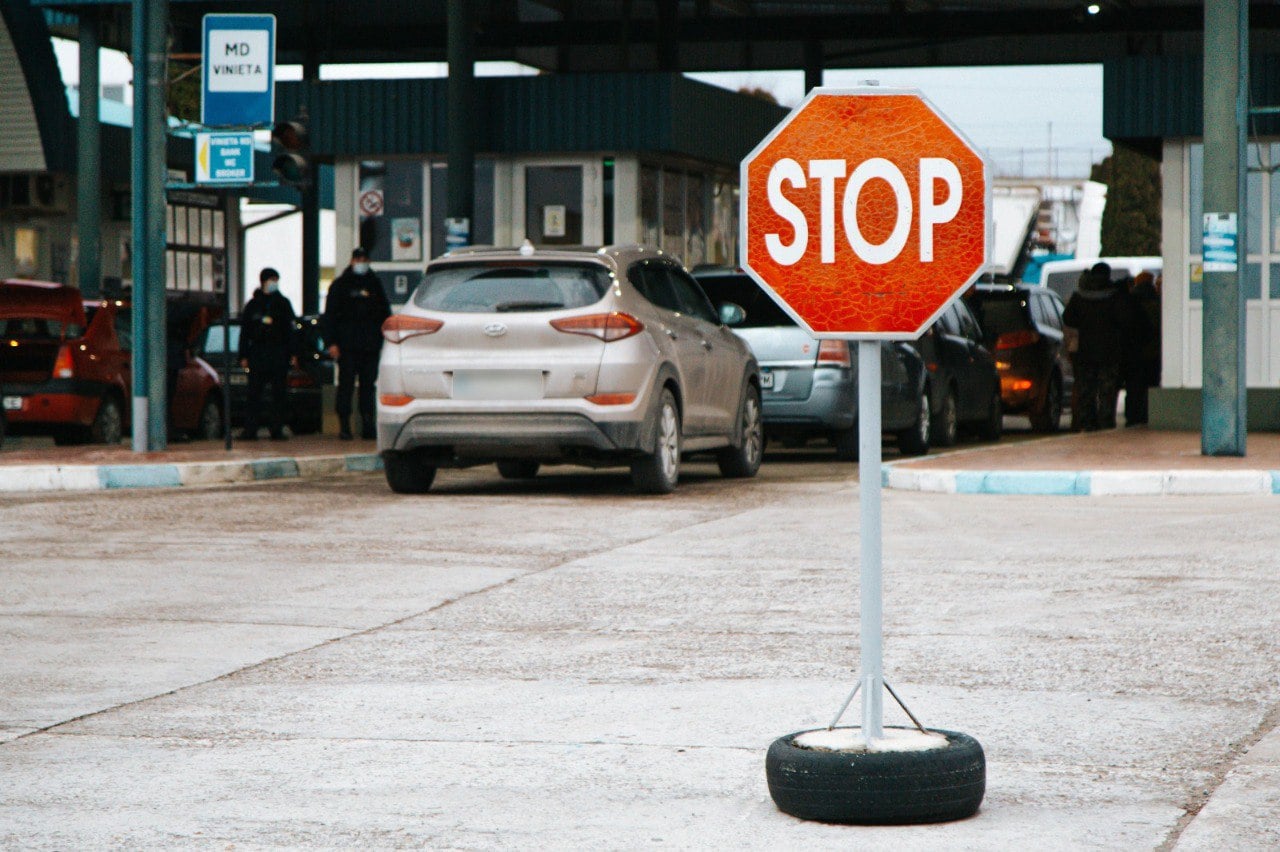
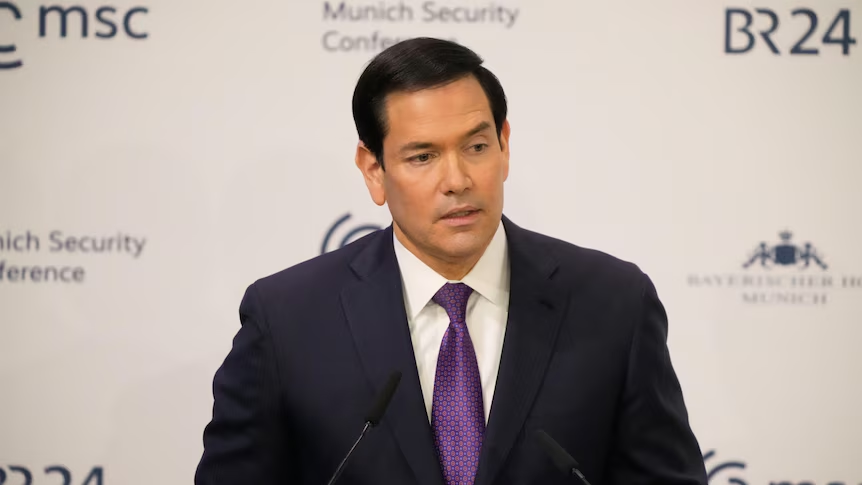
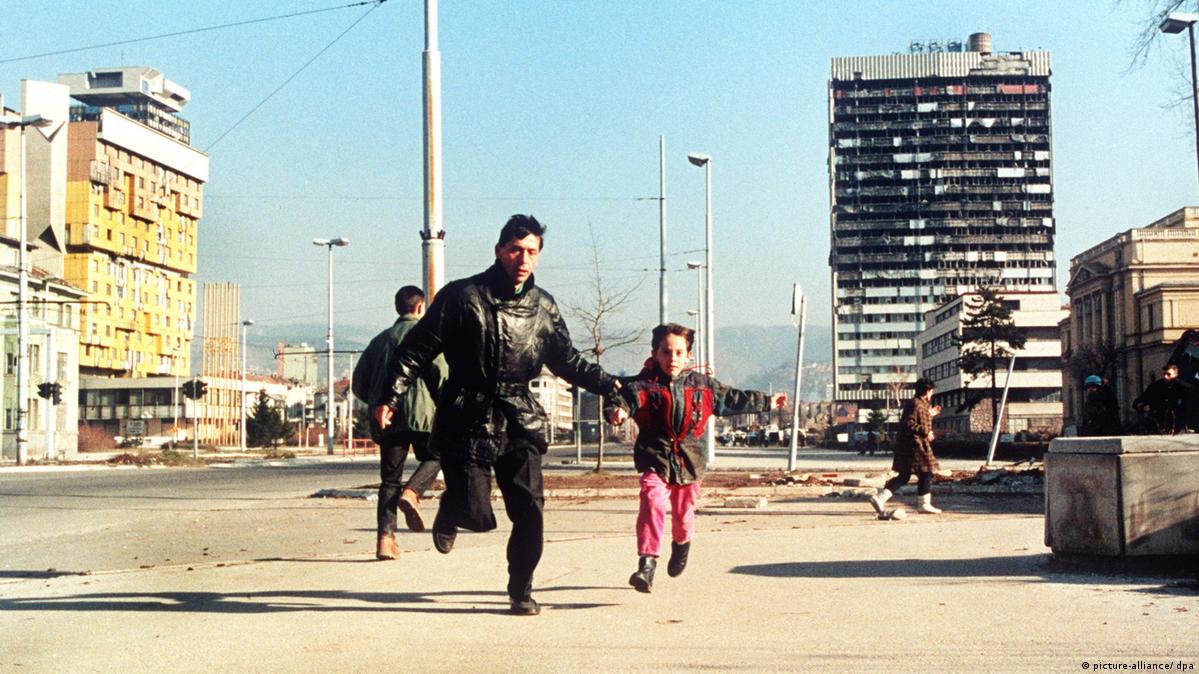








Comentează